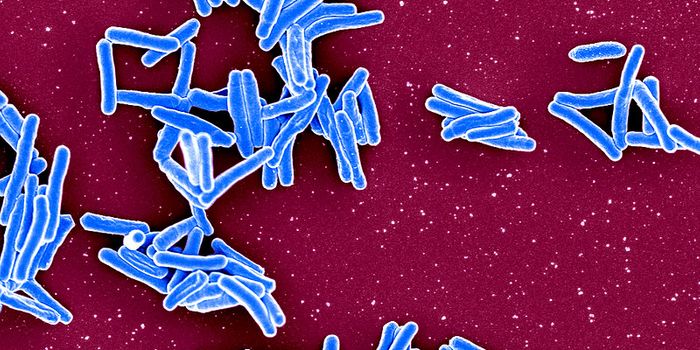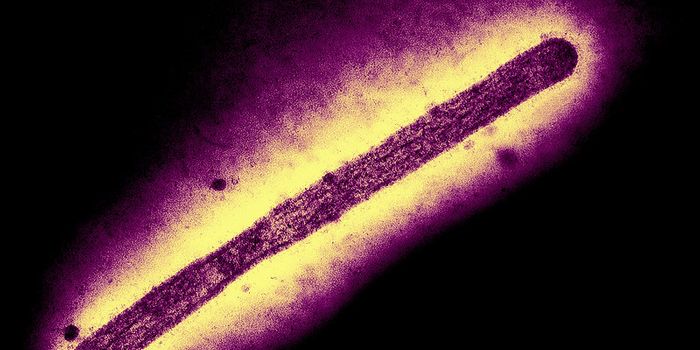Measles Can Wipe Out the Memory of the Immune System
Researchers have finally, after years of speculation, learned how the measles vaccine can provide an additional layer of protection against more than just the measles. Reporting in Science, an international team of scientists has determined that the measles virus can destroy anywhere from 11 to 73 percent of antibodies that the immune system generates to protect a person from bacterial and viral strains they have been exposed to. These may include the herpes virus and pathogenic bacteria that cause skin infections or pneumonia.
Inside Immune Amnesia from Harvard Medical School on Vimeo.
The immune system has a ‘memory’ of past infections, in the form of antibodies that are created upon the first exposure. When the immune system encounters a pathogen a second time, it's in a much better position to fight off the illness. Measles can ruin that memory. For example, exposure to chickenpox might trigger the immune system to produce 100 different antibodies that fight the infection, which also fights off new exposures to the virus. But after the measles, only 50 of those antibodies may remain. If some of those lost antibodies are particularly effective, known as neutralizing antibodies, it may be a serious loss.
"Imagine that your immunity against pathogens is like carrying around a book of photographs of criminals, and someone punched a bunch of holes in it," said the first author of the study, Michael Mina, who is currently an assistant professor of epidemiology at the Harvard T.H. Chan School of Public Health. "It would then be much harder to recognize that criminal if you saw them, especially if the holes are punched over important features for recognition, like the eyes or mouth."
This work, noted the authors, is the first to ascertain how the measles virus can damage the immune system, and highlights the importance of obtaining a measles vaccine to shield us from the infection.
"The threat measles poses to people is much greater than we previously imagined," explained the senior study author Stephen Elledge, the Gregor Mendel Professor of Genetics and of Medicine in the Blavatnik Institute at Harvard Medical School and Brigham and Women's Hospital. "We now understand the mechanism is a prolonged danger due to erasure of the immune memory, demonstrating that the measles vaccine is of even greater benefit than we knew."
"This is the best evidence yet that immune amnesia exists and impacts our bona fide long-term immune memory," added Mina.
Another paper that showed how the measles virus impacts B cells of the immune system and confirms these findings has also been published in Science Immunology.
People can regain their immunity, but only after being exposed to viruses and bacterial pathogens a second time, Mina and colleagues found. This can take a long time, however. The investigators have suggested that patients recovering from a measles infection may fare better if they also receive boosters of any vaccine they have previously received.
Measles was once considered eradicated in the United States, but some people have become reluctant to use the vaccine, and some can’t get access to it. According to the World Health Organization, the virus infects around 7 million people every year, killing about 100,000. The virus can also cause brain damage and hearing or vision loss and is one of the most contagious we know of. The infection also tends to cause serious illnesses in children that are malnourished.
"The average kid might emerge from measles with a dent in their immune system and their body will be able to handle that," said Elledge. "But kids on the edge -- such as those with severe measles infection or immune deficiencies or those who are malnourished -- will be in serious trouble."
The scientists also confirmed that the measles vaccine does not impair the overall immunity of kids.
"This drives home the importance of understanding and preventing the long-term effects of measles, including stealth effects that have flown under the radar of doctors and parents," said Mina. "If your child gets the measles and then gets pneumonia two years later, you wouldn't necessarily tie the two together. The symptoms of measles itself may be only the tip of the iceberg."
Sources: Harvard Medical School, Science








